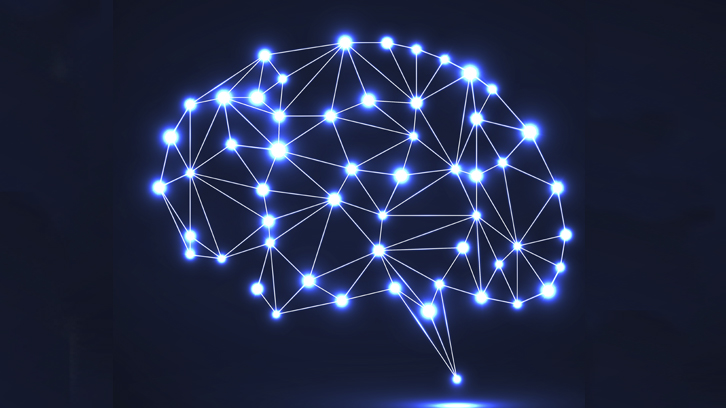The hard problem of consciousness: an impossible solution?

The nature of consciousness remains one of the main problems in neurobiology. Although recent advances suggest that sooner or later we might understand the neural mechanisms underlying awareness, it seems more difficult to understand how the neural activity becomes the subjective experience, the hard problem of consciousness. But is the solution difficult or impossible?
When we ponder the neural mechanisms underlying consciousness we seek to determine the spatial and temporal dynamic of the brain which make consciousness possible. However, when we wonder how the brain turns neural activity into subjectivity, what kind of answer are we expecting? Would an informatics algorithm, a mathematic formula or something related to a new kind of energy satisfy our scientific requirement? Do we actually know what we are looking for then? The author doesn’t think so. In discussing this problem, the late Francis Crick questioned if qualia can be explained by what we know of modern science. The apparent intractable nature of this problem causes some scientists to avoid it altogether and deal only with the neural correlates of consciousness.
Is there then a solution to the hard problem of consciousness? The author suggests that not yet, and uses the following metaphor to justify why. In order to produce a tasty meal, we need a recipe, the right ingredients and cooking. Of course, the sequence and temporality of the cooking process is critical, but what then could add to the final result knowing why or how the right mixture of ingredients and cooking gives rise to such a good taste? Would that knowledge make the meal taste better? Would it provide the meal with any other kind of advantage or property? Probably it wouldn’t.
Natural selection promotes only useful things. Figuring out the neural mechanisms of consciousness will have useful consequences in clinical or educational domains, but knowing about the intimate nature of subjectivity, apart from satisfying our scientific curiosity, could be of little or no use in promoting the development of brain and cognitive mechanisms quite capable of understand the nature of awareness.
Consciousness evolved in response to the challenges of the environment. That is, in order to survive the animal had to develop flexibility in thinking and behaviour. Our capacity to understand consciousness will evolve when new environmental conditions make necessary that understanding. New emergent difficult questions could be then the price to pay for such a promotion.
Universitat Autònoma de Barcelona
References
Ignacio Morgado Bernal. The nature of consciousness. Pensamiento. Revista de Investigación e Información Filosófica, Volume 73, Number 276, 2017, pp. 515-525(11)


